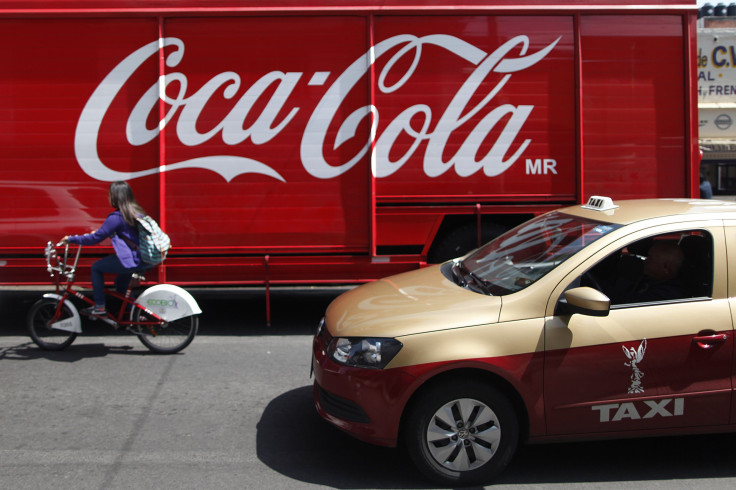
President Enrique Peña Nieto announced on Sunday night his plan for tax reform, which he says will modernize the country's system by leaning heavier on the wealthy to fund a broadened safety net for the poor and create a "fairer, simpler and more transparent tax code". Part of it seeks to tackle the persistent problem of obesity by levying a tax of an extra peso, or about 8 cents, per liter of soft drinks and other sugary beverages. Soon after the president's proposal was announced, Coca-Cola and other soft-drink companies struck back, criticizing it as an ineffective way to fight obesity.
In a statement, Coca-Cola said that "a tax on beverages is ineffective to combat a problem as complex as obesity." The company added that "to change behaviors effectively, we need to ensure people understand that all calories count, regardless of the source -- and that includes our caloric beverages too." According to McClatchy, Mexicans drink more Coca-Cola products per capita than people from any other country in the world. They put away an average of 728 8-ounce drinks in 2011, compared to 403 per person in the United States. Mexico is also fatter than the United States: 32.8 percent of its adults are obese, compared to 31.8 percent of Americans.
Some public-health expert thinks that studies have indicated that a tax on sugar-sweetened beverages in the United States would help make a dent in consumption. Robert R. Friedman, director of public policy at the Yale University Rudd Center for Food Policy and Obesity, told McClatchy, "A 10 percent increase in the price should result in a 10 to 12 percent decrease in consumption," and added that consumption of soft drinks has been associated with higher risk of obesity, type 2 diabetes, cardiovascular disease, dental disease and gout. And Kelly Brownell, obesity specialist and dean of Duke University's public policy school, told Reuters in early August that it made sense to discourage high soda consumption in order to reduce obesity. "The strongest scientific link between any category of food and obesity is with sugared beverages," Brownell said. "If you're going to address obesity, you need to begin somewhere, and why not begin where the science is strongest?"
Coca-Cola's statement said that their sodas make up a portion of Mexicans' diets which is too small to have a very deleterious effect, saying soft drinks accounted for between 5.5 percent and 6.6 percent of calories in the average citizen's diet, and that as such, "it is difficult to understand why beverages are viewed by some as the primary cause of weight gain." The Mexican Association of Soda Makers concurred, arguing that Peña Nieto's tax would "not resolve the obesity problem" but hurt sugar cane producers and the 45 percent of the Mexican public which lives below the poverty line.
RELATED: Can The Mexican Left Block An Enrique Pena Nieto Reform Of Pemex?
© 2024 Latin Times. All rights reserved. Do not reproduce without permission.